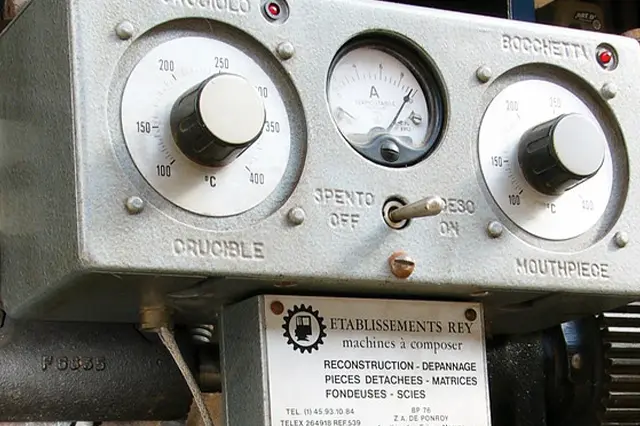
How long do electric heaters last?
If you’re like most people, you probably have an electric heater in your home. Whether it’s to warm up a small room or to take the chill off of an entire house, electric heaters are a popular choice. But what you may not know is that electric heaters can wear out over time. In fact, they can often last for around 10 years before they need to be replaced. This blog article will explore the lifespan of electric heaters and how you can maximize their lifespan by taking some simple precautions. From keeping them clean to avoiding overloads, read on to learn all you need to know about how long electric heaters last.
How long do electric heaters last?
Electric heaters last anywhere from around 10 to 15 years, but there are a few things you can do to extend their lifespan. For example, keep them clean by wiping down the exterior every few weeks and avoid overloads. It really depends on how often the heater is used and how well it was maintained. Generally speaking, if the heater is turned off when it isn’t in use, it will last longer.
Tips for extending the life of your electric heater
When it comes to electric heaters, there are a few things that you can do to help extend the life of your appliance.
First, be sure to keep your heater clean by regularly cleaning the fan and heat vents.
Second, make sure to use the correct wattage for your heating needs – a too-powerful heater could overheat and damage your appliance, while a weak heater might not be able to provide enough heat.
Finally, don’t forget about safety – always use caution when using an electric heater around water or other flammable materials.
What are the different types of electric heaters?
There are three main types of electric heaters: AC, DC, and oil.
AC electric heaters use electricity to create heat. They’re usually most efficient when used in large rooms or areas with high ceilings. Because they need a constant source of electricity, AC electric heaters are sometimes more expensive than other types.
DC electric heaters use direct current to create heat. This makes them more efficient than AC electric heaters because they use less energy overall. They work well in small spaces or areas with low ceilings because they don’t require a power outlet.
Oil electric heaters use oil to generate warmth. These units are the oldest type of electric heater and tend to be the least efficient. They’re also the heaviest and most difficult to move around.
Which type of electric heater is best for me?
There isn’t a single best type of electric heater. It depends on your needs and preferences. Some people prefer AC electric heaters because they’re more efficient, but others prefer DC electric heaters because they’re more energy-efficient. Ultimately, the best choice for you is whatever works best for your specific situation.
What are the benefits of electric heaters?
Electric heaters have a number of benefits that make them a popular choice for homes and businesses. They’re:
Efficient: Electric heaters are more efficient than other types of heaters, which means they use less energy to create warmth. This can save you money on your energy bill.
Electric heaters are more efficient than other types of heaters, which means they use less energy to create warmth. This can save you money on your energy bill. Portable: Electric heaters are easy to move around and can be installed in any room. This makes them perfect for smaller spaces or areas that don’t have ample space for an oil or gas heater.
Conclusion
Hopefully, this article has helped you to understand how electric heaters work and given you some idea of how long they will last. While it is impossible to say for certain, based on the information provided in this article, it seems likely that electric heaters will last for around 10 to 15 years. Take care of your heater and use it as recommended in this article, and you should be able to enjoy it for a long time to come.
